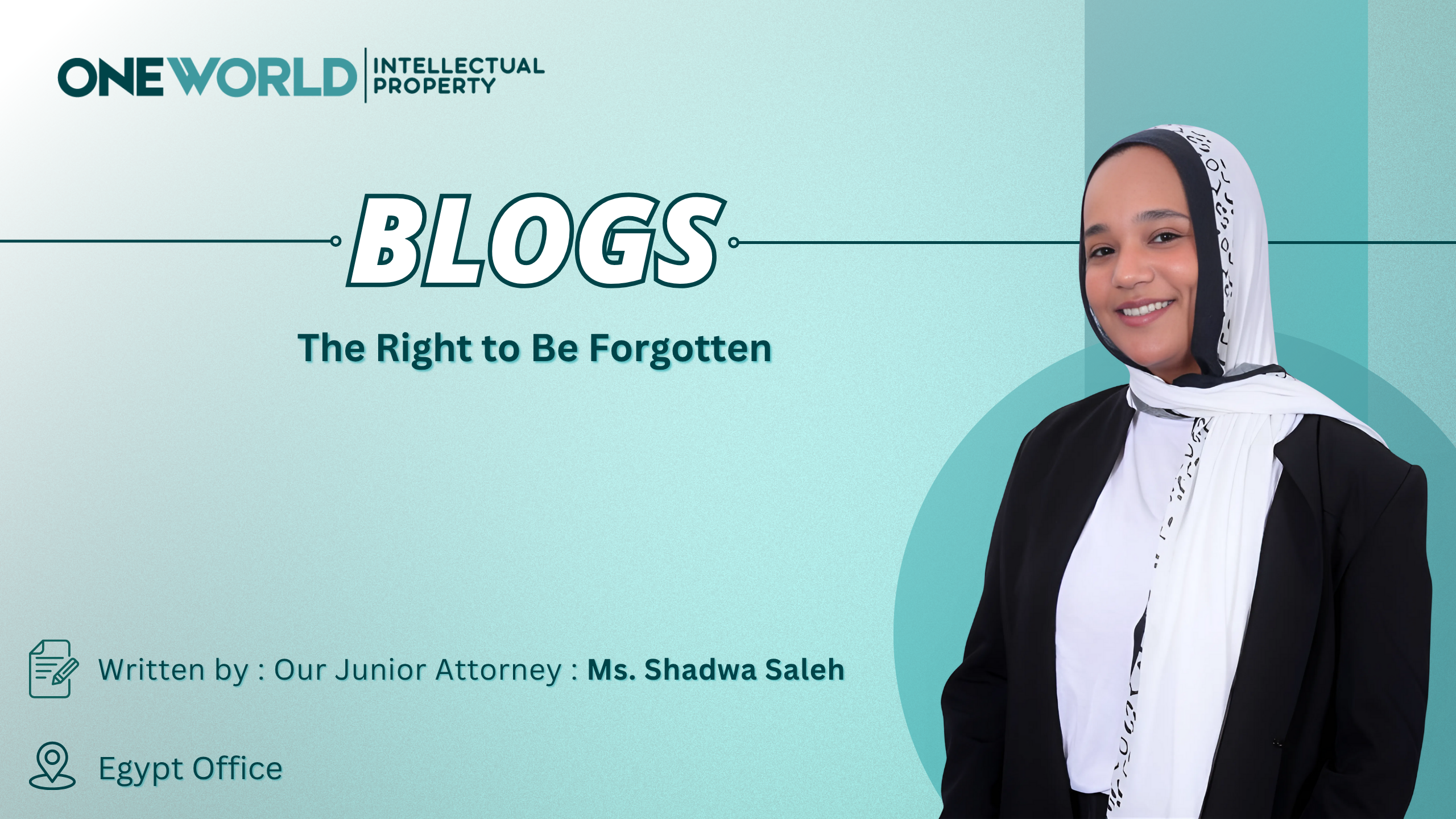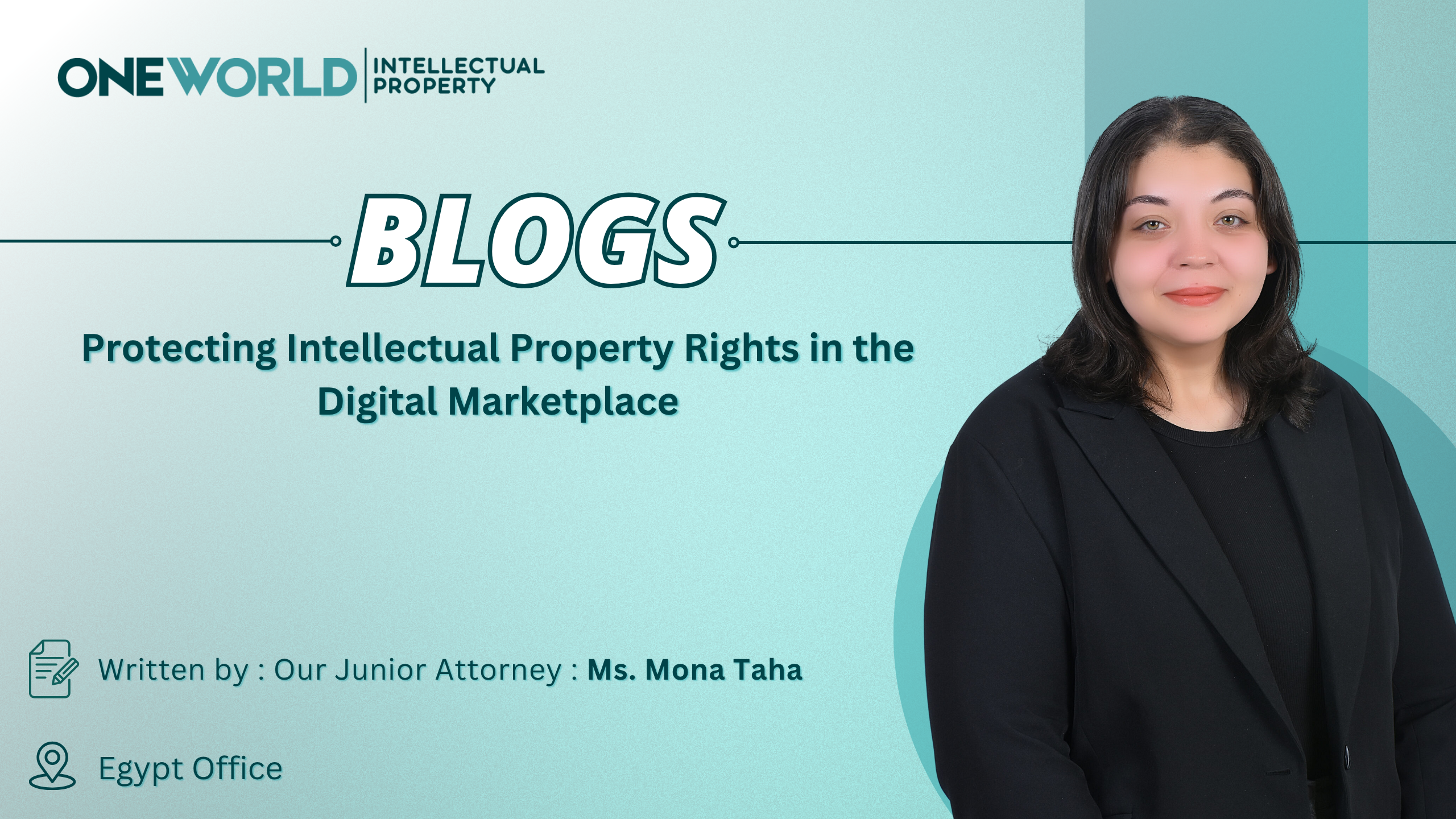
The Right to Be Forgotten
Have you ever thought about the possibility of simply disappearing? If you had the choice to be completely forgotten — erased from every platform — not just your identity, but also your photos, videos, every impact you’ve ever made on society, and every small trace of your existence, simply forgotten… would you choose it so easily?”
Take a breath — it’s not that dramatic. I’m simply drawing your attention to one of the most unique rights of our time: the right to be forgotten.
Also known as the “right to erasure,” this right allows individuals to request the deletion of certain personal data or information — for instance, from newspapers, blogs, directories, or other online sources. It becomes particularly relevant in the context of search engines, which index and make such information easily accessible, even when the original data has been physically destroyed or permanently overwritten using specialized software.
The General Data Protection Regulation (GDPR) in the European Union was the first to formally codify the right to be forgotten, outlining specific conditions under which this right may be exercised. These include situations where the data is no longer necessary for the original purpose of processing, the data subject withdraws consent with no other legal basis for continued processing, the data subject objects and there are no overriding legitimate grounds, or erasure is required to comply with a legal obligation under EU law or the laws of a Member State. Additionally, data must be erased if its processing was unlawful to begin with.
Here is the link of one of the most firsts cases that arise this right EUR-Lex – 62012CJ0131 – EN – EUR-Lex, by court of Justice of the European Union (CJEU) that established the “right to be forgotten” within the context of European data protection law.
As many of you may find this right to be reasonable and impactful, several European countries have started to adopt similar frameworks, and the discussion has expanded beyond the EU — reaching jurisdictions such as United kingdom, Russia , and others.
On the contrary, a number of jurisdictions have firmly refused to adopt the Right to Be Forgotten (RTBF), citing significant concerns. One of the main arguments is the difficulty of balancing individual privacy rights with the public’s right to access information. In many countries, there is growing concern that implementing the RTBF could hinder transparency and restrict access to information that may be important for public interest, safety, or historical awareness.
Additionally, – as most countries adopted- the global nature of the internet presents a major challenge: even if certain content is removed in one jurisdiction, it may still remain accessible elsewhere. This makes consistent and effective enforcement of the RTBF extremely difficult on an international scale.
What is evident — whether one agrees with it or not — is that this right has illuminated a new dimension of privacy protection: one that safeguards the inviolability of the individual, which lies at the very heart of human dignity and personal identity.
With all of this in mind, if you had the ability to remove certain personal data about yourself, would you consider it an effective solution? I’d be interested to hear your thoughts.
Written by our Junior Attorney : Ms. Shadwa Saleh.



